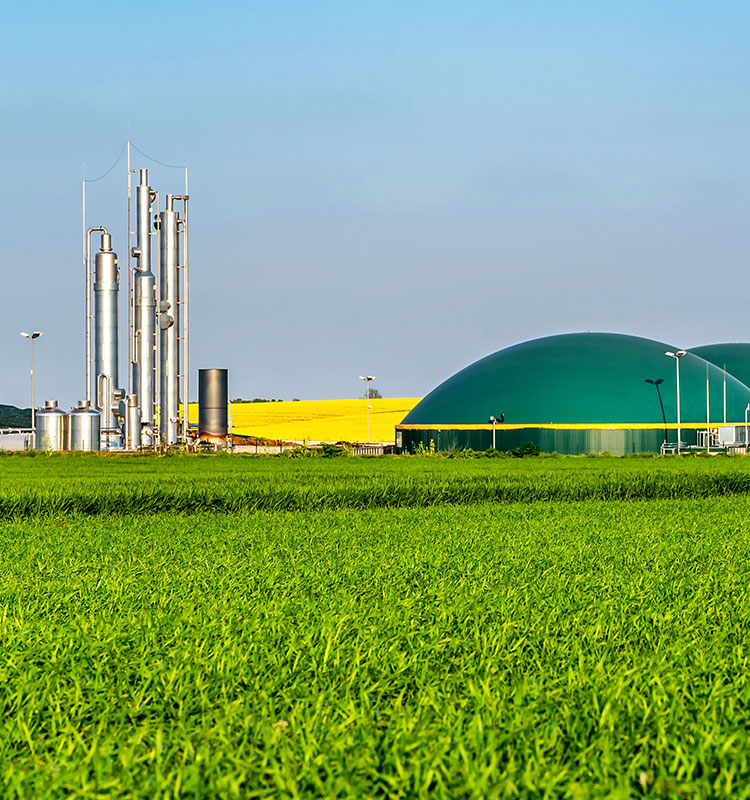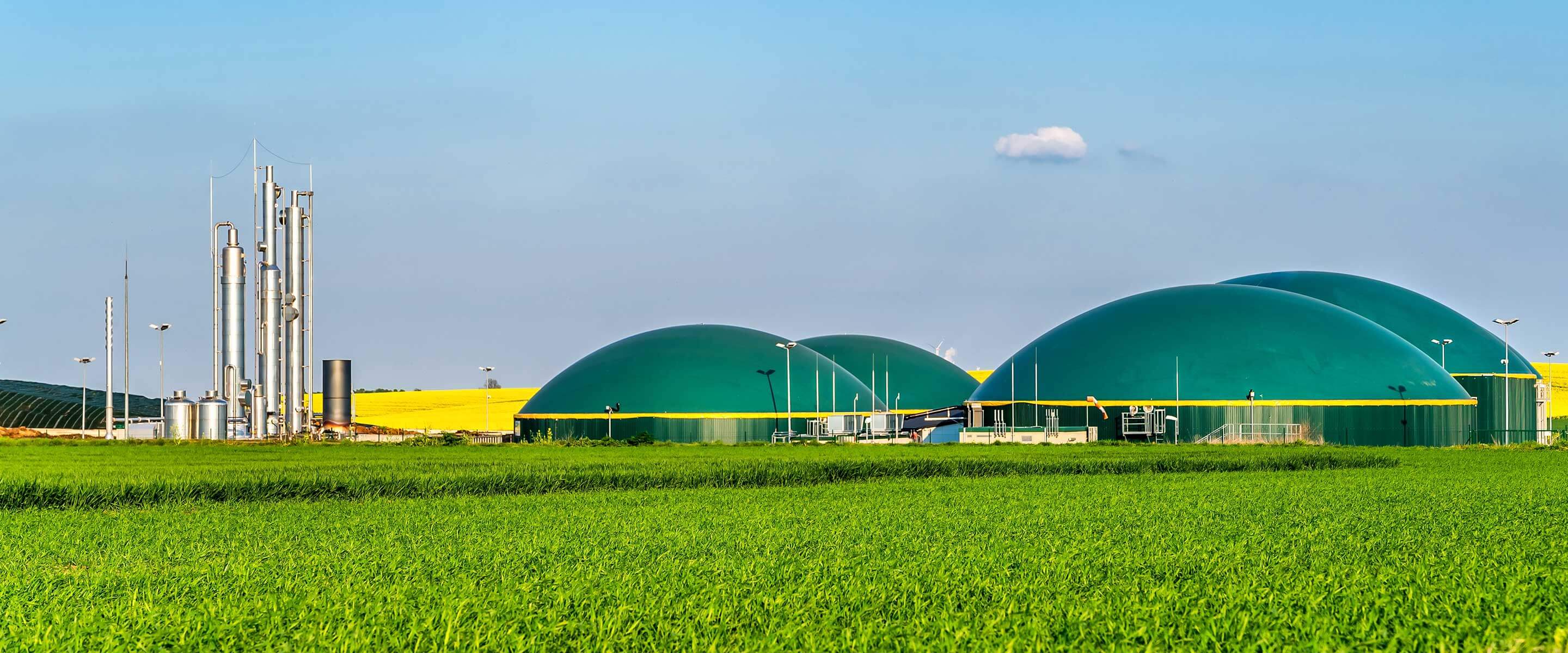You are now reading:
Towards net zero: Harnessing waste to cut costs and emissions

Your go-to sustainability guide. Get your customised report today by taking the quiz now.
Take the quizyou are in Industry Insights


You are now reading:
Towards net zero: Harnessing waste to cut costs and emissions
Despite increasing pressure to tackle waste pollution and global warming, farm sustainability agenda is commonly viewed as a burden. In this report we explore cost-cutting opportunities to reduce greenhouse gas (GHG) emissions by monetising farm waste. While feedstock for methane capture can come from a variety of organic sources (such as industrial or commercial food waste or municipal solid waste); we believe two sectors in particular, livestock and oil palm, have the immediate potential and scale in Indonesia, Malaysia, Thailand and Vietnam.
To date, limited number of intensive livestock farms in this region have turned their wastes into energy. In countries where energy cost is subsidised, this subject presents itself as a challenge. Yet, where cost of conventional energy sources is higher, biogas provides intensive livestock farms – particularly swine and dairy – an opportunity to cut cost.
Similarly, palm oil mill effluent (POME) – a key source of methane emissions in the palm oil production – offers a commercial opportunity to generate electricity to reduce cost and/or be sold. To date, only a fraction (7-12%) of palm oil mills in both Indonesia and Malaysia have biogas recovery projects or biogas power generators.
While burning biogas to generate electricity still contributes to carbon dioxide (CO2) emissions, it remains a net-reduction; as methane is a significantly more potent GHG than CO2. Electricity generated from burning biogas will likewise replace fossil fuel-generated electricity (thereby resulting in avoidance of CO2 emissions from not burning the fossil fuels).
We believe the circular economy model is a viable solution, rather than a cost centre. Together with advances in technology, biogas projects can help address sustainability targets, given an increasing focus on food self-sufficiency and higher energy and fertiliser costs. Financing of the development and operation of such biogas projects may qualify for Green Loans under UOB’s Smart City Sustainable Financing Framework and Green Circular Economy Framework. The deployment of such biodigester technology will also help to reduce a corporate’s GHG emission, allowing them to explore sustainability linked loans as part of their overall debt capital mix.